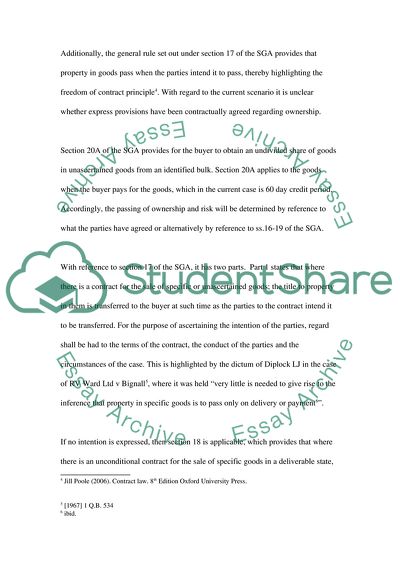Cite this document
(Commercial Law, the Sale of Goods Act 1979 Assignment - 2, n.d.)
Commercial Law, the Sale of Goods Act 1979 Assignment - 2. Retrieved from https://studentshare.org/law/1718078-commercial-law
Commercial Law, the Sale of Goods Act 1979 Assignment - 2. Retrieved from https://studentshare.org/law/1718078-commercial-law
(Commercial Law, the Sale of Goods Act 1979 Assignment - 2)
Commercial Law, the Sale of Goods Act 1979 Assignment - 2. https://studentshare.org/law/1718078-commercial-law.
Commercial Law, the Sale of Goods Act 1979 Assignment - 2. https://studentshare.org/law/1718078-commercial-law.
“Commercial Law, the Sale of Goods Act 1979 Assignment - 2”. https://studentshare.org/law/1718078-commercial-law.


